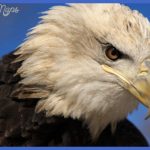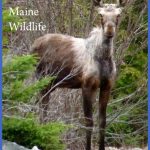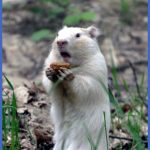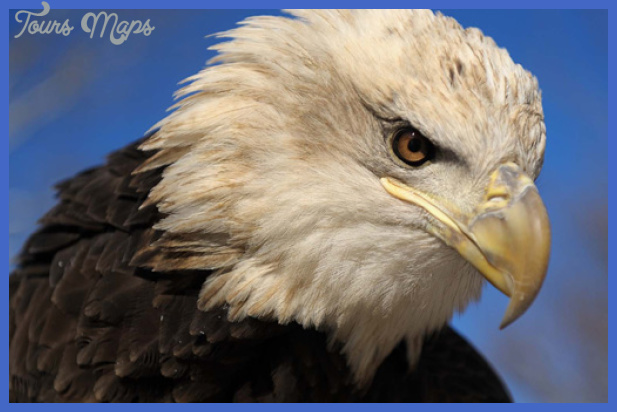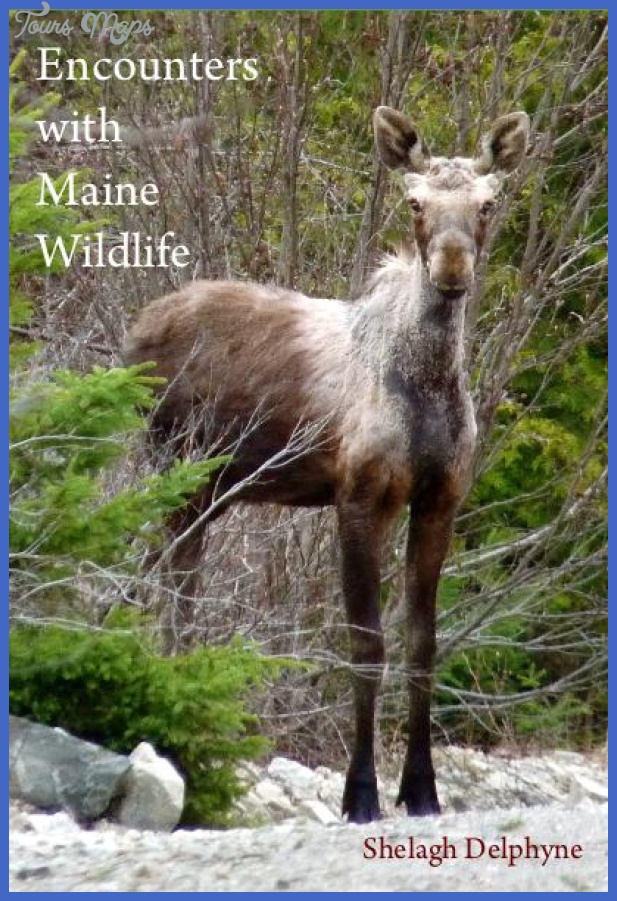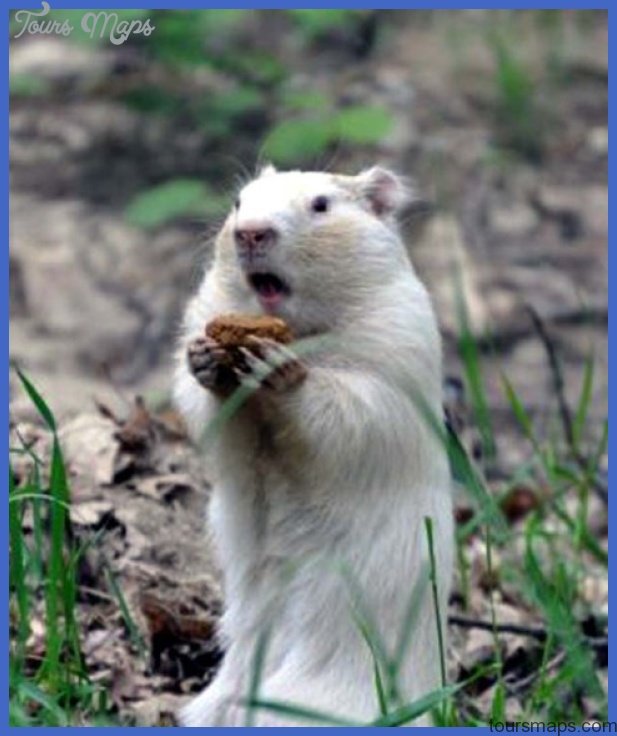Maine wildlife is generally inoffensive. Maine has no poisonous snakes, although timber rattlers did inhabit western Maine many years ago. Still, big-game animals such as black bear and moose need to be treated with respect.
Many veteran Maine woodsmen have never seen a black bear. Conversely, some firsttime campers have. Bears are attracted to food, and the worst mistake you can make while in bear country is to keep uncovered food in your tent. Always make sure you keep your food in a separate location, in an airtight container.
Moose are found throughout the state. While it is a great thrill to see one of these massive animals for the first time, resist the urge to see one up close. A bull moose can be a mean customer at certain times, and a cow moose with a calf is something to view from a distance. Use a telephoto or zoom lens for your moose photos.
The possibility of encountering a rabid animal is always present. Small animals such as raccoons and skunks are the most likely to carry rabies, but any animal, wild or domestic, is at risk. If you see any wild animal that is not afraid of you, or that exhibits unusual behavior, get away as quickly as you can. You should report any suspected rabies sighting to the nearest Maine game warden or police officer. Once again, common sense is the key to protecting yourself from harm in the Maine wilds.
If you fish any Maine lake or pond during the open-water season, you will probably hear or see a loon. To many, loons symbolize Maine wilderness. Their haunting, raucous cries echo the length and breadth of the state. A quiet evening spent paddling a canoe on most any Maine lake is made even more memorable by the plaintive cry of the common loon.
Unfortunately, man is the loon’s chief enemy. Loons nest on the edge of the water and the prop wash from a speeding powerboat can destroy the nest. Approaching too close to a nesting loon may cause the parent to abandon the nest. Always travel at a slow speed when you are near the shore. Enjoy Maine’s loons, but allow them to keep their own distance. Maybe, after a deep dive, a
Loons are a common sight on Maine’s lakes and ponds. Their eerie, laughing cries are a hallmark of the north country. Adult loons usually travel in pairs, as shown here.
loon will emerge within feet of your boat. Perhaps you will be lucky enough to see a mother loon with her young riding pickaback. Respect and enjoy this magnificent embodiment of the last and greatest wilderness area left in the northeastern United States.
Maine Wildlife Photo Gallery
Maybe You Like Them Too
- The Best Cities To Visit in The World
- World’s 10 Best Places To Visit
- Coolest Countries in the World to Visit
- Travel to Santorini, Greece
- Map of Barbados – Holiday in Barbados

